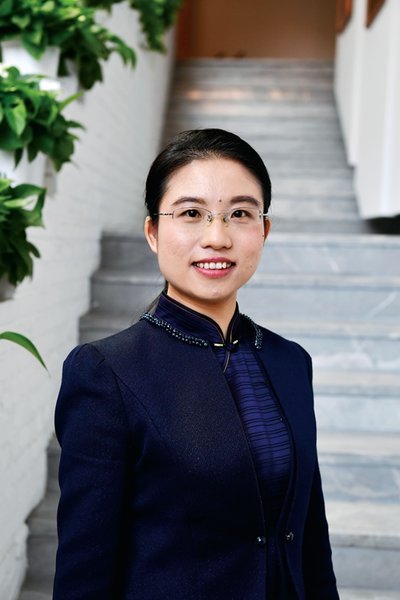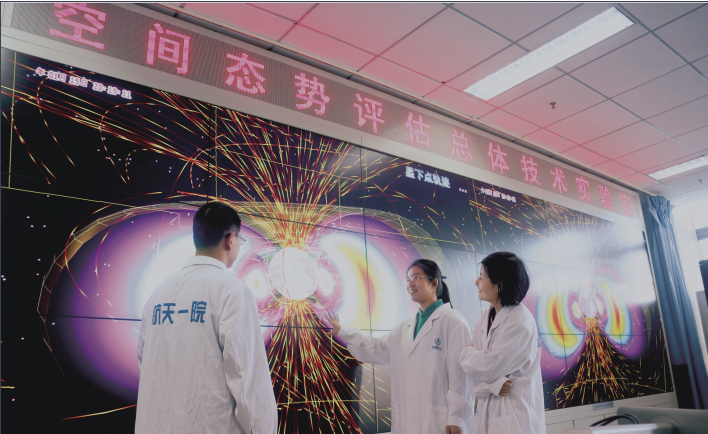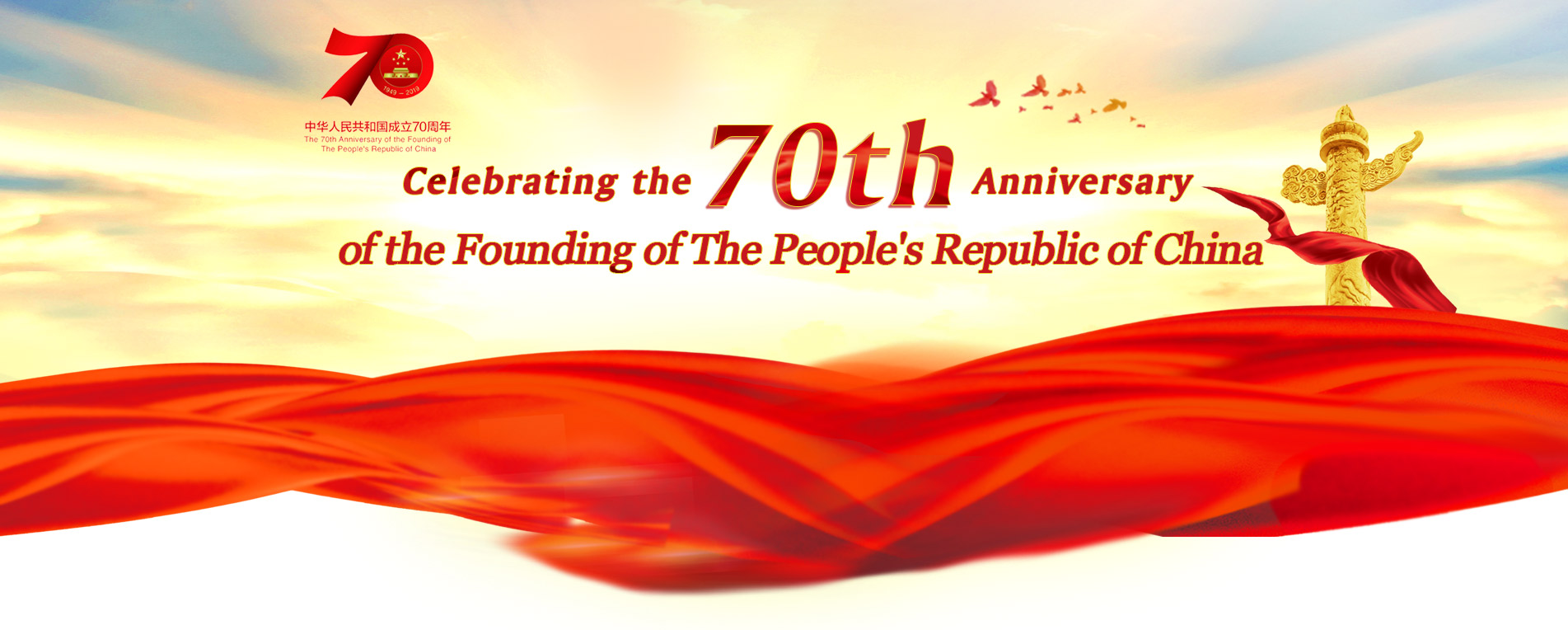 |
| Li Hongbo [Women of China] |
The space industry has a prominent role in China's national development. For generations, numerous aerospace research workers have made tremendous efforts to develop the industry. They have integrated their individual ideals with the realization of China's space dream. There are peak moments in their lives, when they are ravished with joy, as they watch spacecraft soar into the sky. The spacecraft are the result of their wisdom, based on analyses of numerous scientific tests. Most of the time, though, the workers have to withstand loneliness and resist the temptation to pursue a materialistic life.
Li Hongbo, a researcher with Qian Xuesen Laboratory of Launch Vehicle Technology under the China Aerospace Science and Technology Corporation (CASC), has dedicated her life to promoting the development of China's space industry. The laboratory is named after Qian (1911-2009), a brilliant rocket scientist who led China's space and rocket programs. "Although we are 'minorities,' four out of the 10-plus researchers with the laboratory are women, we hold up half the sky in terms of our contribution," says Li.
When she was a young girl, Li's parents and teachers inspired her to be patriotic. "When I was a little girl, my father, who was in the army, signed me up for a training course in martial arts. He told me one should be adept with both the pen and the sword ... Several of my middle school teachers encouraged me to make persevering efforts to realize my dream," Li recalls.
The rapid development of China's market economy brought dramatic changes to all aspects of Chinese people's lives during the 1990s. Outstanding, self-made entrepreneurs appeared in large numbers across the country. Many aerospace talents started their own businesses. Despite discouragement from her relatives, Li applied to Beihang University during the university-entrance examinations in 1998.
In 2002, Li and her schoolmates went to an aerospace base, in a remote mountainous area of China, to conduct a survey. Li was impressed by the workers (with the base), who were content with their simple lives, despite the harsh conditions in the area.
Earlier this century, China witnessed rapid development in the space industry. However, aerospace researchers' salaries were much less than those who worked in either foreign enterprises or China's Internet-based companies. Soon after they graduated from the university, in 2002, some of Li's classmates pursued studies in fields irrelevant to their major, and several others took jobs that were supposed to be less arduous and/or from which they could earn more money. Li's teachers recommended that she, the top undergraduate student in the university, enter the university's Ph.D. program in spacecraft design. In 2010, she completed her studies for the postdoctoral program on aeronautical and astronautical science and technology.
Li cares little about fame, wealth and/or personal gain and loss; instead, she is obsessed with aerospace research. "We researchers must work conscientiously and carefully. Our research outlines the future development of the national space industry," says Li.
The Long March-3C carrier rocket blasted off from Xichang Satellite Launch Center (in Southwest China's Sichuan Province), on December 25, 2018. China launched the No. 3 telecommunication technology test satellite. That was the 296th launch involving the Long March carrier rockets. Statistics issued by China National Space Administration indicate China launched 37 rockets in 2018. For the first time in its history, China ranked first globally in terms of the number of space launches.
However, few people realize how much effort the aerospace researchers have put into developing the rockets over the years. "Sometimes, when I'm exhausted after long hours of work, I think of Chinese martyrs, who shed their blood and sacrificed their lives for the cause of national liberation," says Li. "Every generation of Chinese, with their own mission, strive to outshine the previous generation ... We should be aware that if we make more brilliant achievements, it is by standing on the shoulders of 'giants,' our forefathers."
When she looks back at her experiences, Li concludes she is lucky to live in a good age, when the nation's space industry thrives. "I noticed many foreign experts listened to me attentively, while I gave speeches, to outline our achievements in the space industry, during the international space conferences, held in different parts of the world in recent years. I'm proud of our team's excellent, creative work. The Chinese Government has created a favorable environment for us to make breakthroughs in our work. We'll make greater efforts to promote the development of the national space industry," says Li.
She is also proud that, in recent years, an increasing number of women have begun working in the space industry, and that many women have scored outstanding achievements. "Women my age believe we can do well in 'men's work.' Given women's advantages, such as their highly valued creativity and practical, down-to-earth work style, women have been playing increasingly important roles in scientific research … However, many Chinese tend to believe men can do better space-related jobs than women. To change their views, women must work harder to outshine their male counterparts," says Li.
 |
| Li Hongbo dedicates her life to promoting the development of China's space industry. [For Women of China] |

